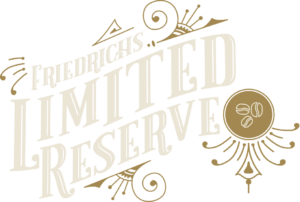Keto Tapasi Progress Association was founded in 2008 as an association of smallholder coffee growers from 18 communities and villages in the Eastern Highlands of Papua New Guinea, in the Chuave District. The organization has around 375 members, who cooperate and collaborate despite the vast differences in both culture and language between their heritage groups. The organization has been Fair Trade–certified since 2011 and certified organic since 2014, and has used the premiums it receives to invest in depulpers as well as warehouse space and transportation.
Smallholders typically own anywhere from a couple to a couple-hundred coffee trees, and sustenance farming on these more “garden-like” plots is common; the cally them coffee “gardens,” in fact, rather than farms, and the farms themselves have no names and carry no formal demarcation to indicate where one neighbor’s land ends and the other’s begins. Generally, the farmer members will depulp and ferment their coffee on their own farms; it is bought and sorted in parchment at the central mill in Goroka for drying, in deliveries from 25–65 kilograms.
One the coffee is picked and depulped, the farmers will ferment it dry for one to three days before washing it and laying it to dry on blue tarpaulins for three to four days.
For more information about coffee production in Papua New Guinea, visit our
Papua New Guinea Origin Page.







